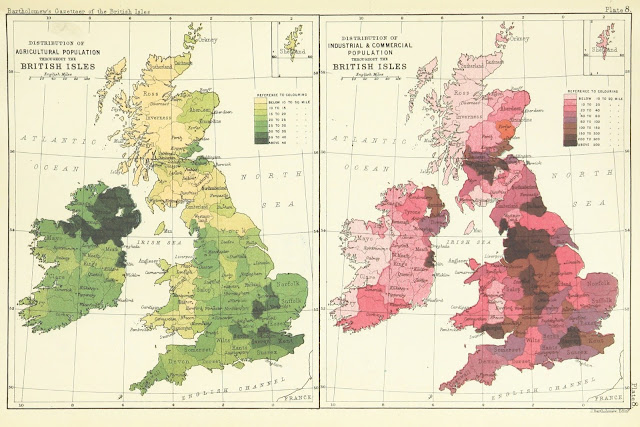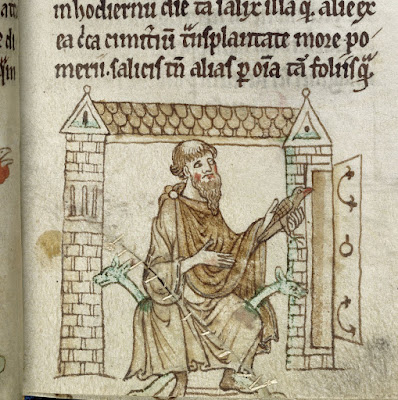ASK JUDE: “Jude – why do you always say the British Isles?”

C.W.: Contains references to UK Politics, Brexit, and one reference to murder. Less Serious C.W: Contains references to Eurovision. TL/DR Included at the bottom of the post. I have been asked this question a few times by fellow researchers, and by other students, so I thought I would write a short explanation of why I am particularly given to multiple descriptions of th is type and why when I am setting out the geographic boundaries of a study I try to avoid using the names of specific countries – instead referring to the physical geography of the area. British Library digitised image from page 947 of "Gazetteer of the British Isles, statistical and topographical. Edited by J. Bartholomew. With appendices and special maps and plans" When the Eurovision Song Contest introduced telephone voting, a number of people – many in a unique subset who were both fans of Eurovision and of statistics – noted that while some traditional back and forth awarding of po...


